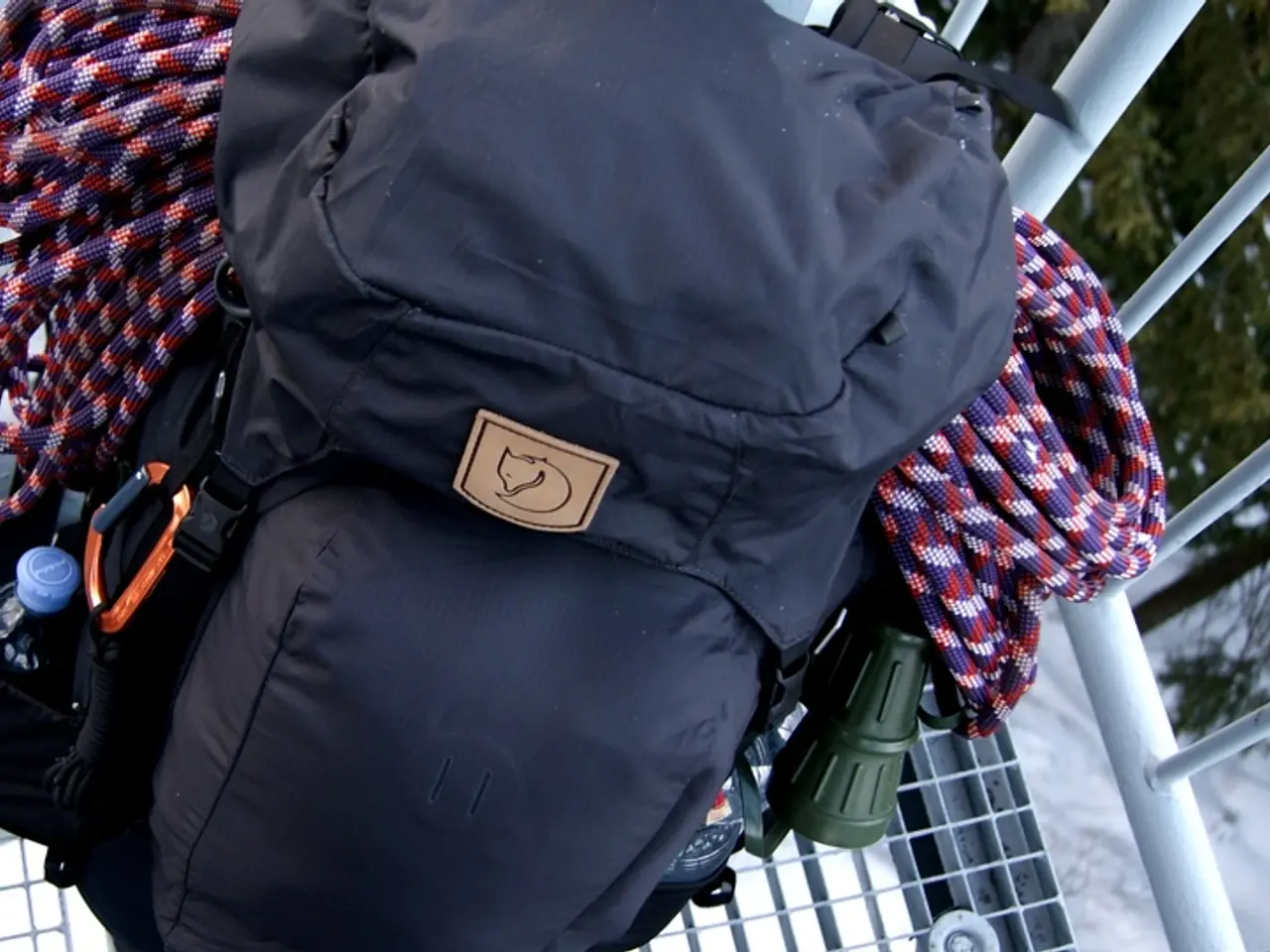Modernizing Border Controls: A Call for Advanced Technology and Relief from Manpower Intensity
Enhanced Border Tech Demanded by Police Union for Improved Controls - Enhanced Border Controls Urged: Police Union Petitions for Superior Technological Resources
Roßkopf, the union head, has sounded the alarm, calling for advanced technical resources, similar to those already utilized by the Bavarian border police. His plea includes drone technology, mobile control points with state-of-the-art license plate recognition, devices to scan people in vehicles remotely, and high-tech surveillance for so-called 'green borders.' The primary aim is to relief personnel overstretched due to border duties.
Currently, the reserve police and mobile units are running overtime. Roßkopf warns that if this situation persists, it may lead to critical personnel shortages, for instance, at train stations or airports.
Improperly managing this intense border control could prove unsustainable for our forces, according to Roßkopf. "They cannot maintain this intensity at the borders for months," he said.
The Federal Police has been testing such technology since 2018, finding it effective, but these resources have yet to be procured. Roßkopf criticizes this decision, emphasizing that long, inaccessible stretches could be monitored competently with the right technology. Notably, European countries from the Netherlands to Romania have made significant strides in this area.
Roßkopf also supports measures that manage and decrease irregular migration. However, he questions the sustainability of these high personnel demands.
Cross-border commuters may experience significant delays due to intensified controls, as per Roßkopf's expectation. "Motorists should expect more traffic jams," he noted.
While priority is given to minimizing disruption, commuters should brace for more inconvenience from the enhanced and tightened border controls now being implemented. More border crossings, including smaller ones, will be subject to scrutiny. Despite the sensitivity towards commuter traffic and border commuters, delays are inevitable.
The new Federal Interior Minister, Alexander Dobrindt (CSU), announced stricter border controls last Wednesday to decrease refugee numbers. More federal police will be stationed at the border, and asylum seekers will also be denied.
Technology-Driven Border Security Across Europe
Be it Bavaria or other European nations, advanced technology plays a crucial role in border security. Some measures include:
- Integrated Surveillance Systems: Fusing cameras, motion detectors, and thermal imaging cameras, these advanced surveillance systems offer self-learning algorithms to improve monitoring effectiveness.
- Biometric Authentication: Many European countries rely on biometric identification systems to efficiently process and identify individuals at borders.
- UAV (Unmanned Aerial Vehicles) Defense: Several European states invest heavily in drone defense systems to secure borders seamlessly.
Resource Implications
- Personnel Augmentation: To support these new technologies, additional training for personnel becomes vital to ensure effective operation and integration.
- Budget and Logistics: The emphasis on technology and personnel increases the financial and logistical resources required to maintain these systems and personnel deployments.
Final Take
Incorporating modern technology significantly enhances border security across Europe, offering improved surveillance and processing efficiency. However, the personnel and resource commitments needed to sustain these high-tech measures should not be underestimated. Balancing security with convenience for cross-border commuters remains a key challenge in this ever-evolving landscape.
- Roßkopf, the union head, suggests that vocational training for officers should be prioritized to effectively operate and integrate advanced technology being used in border security.
- The community policy should consider the sensitivity towards cross-border commuters and strive to minimize disruption, despite the increased scrutiny at border crossings due to the implementation of advanced technology.
- The deployment of sustainable technology at borders, such as integrated surveillance systems, biometric authentication, and UAV defense, will require excellent management of resources, including budget and logistics, as well as vocational training for officers to maintain and manage these new systems.




